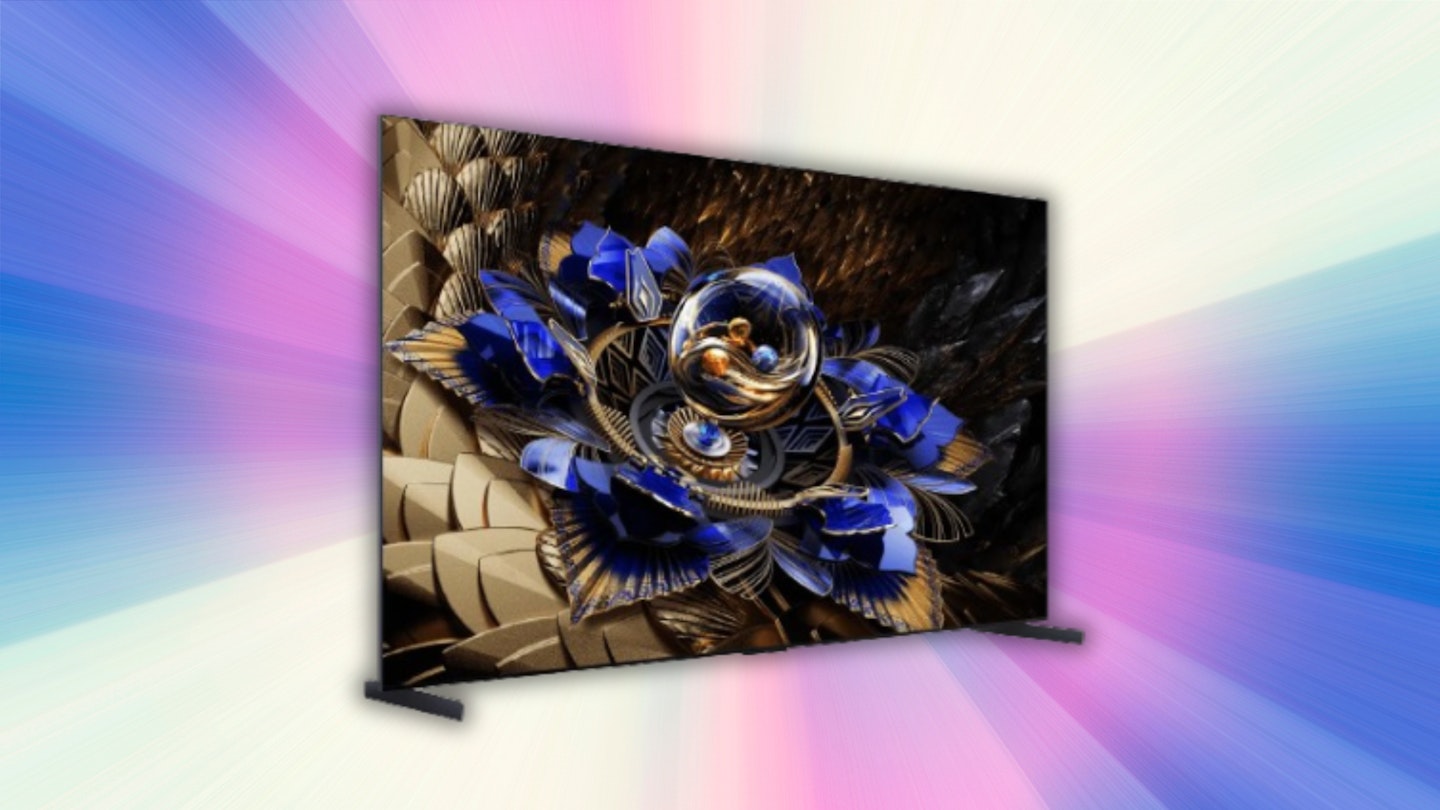A true breakthrough in brightness technology, TCL has recently unveiled what may be one of the best TVs of the year; the TCL X11H, a massive 85-163-inch microLED TV that's changing the game for picture technology.
Unveiled at CES2024 in Las Vegas, the TCL X11H has had television enthusiasts around the world eager to take a look at this luminescent television in all of its glory.
A culmination of countless brilliant technologies, from stunning Onkyo Hi-Fi speakers, to quantum dot technology and much more, the TCL X11H microLED television is breathtaking to behold.
But what exactly makes this TV so brilliant compared to the rest? And will we see fantastic budget TVsfrom TCL with similar technology soon? We're going to break down some of the most exciting television tech news we've covered in a while, getting to the heart of what makes this gorgeous microLED so good.
TCL X11H: too bright?
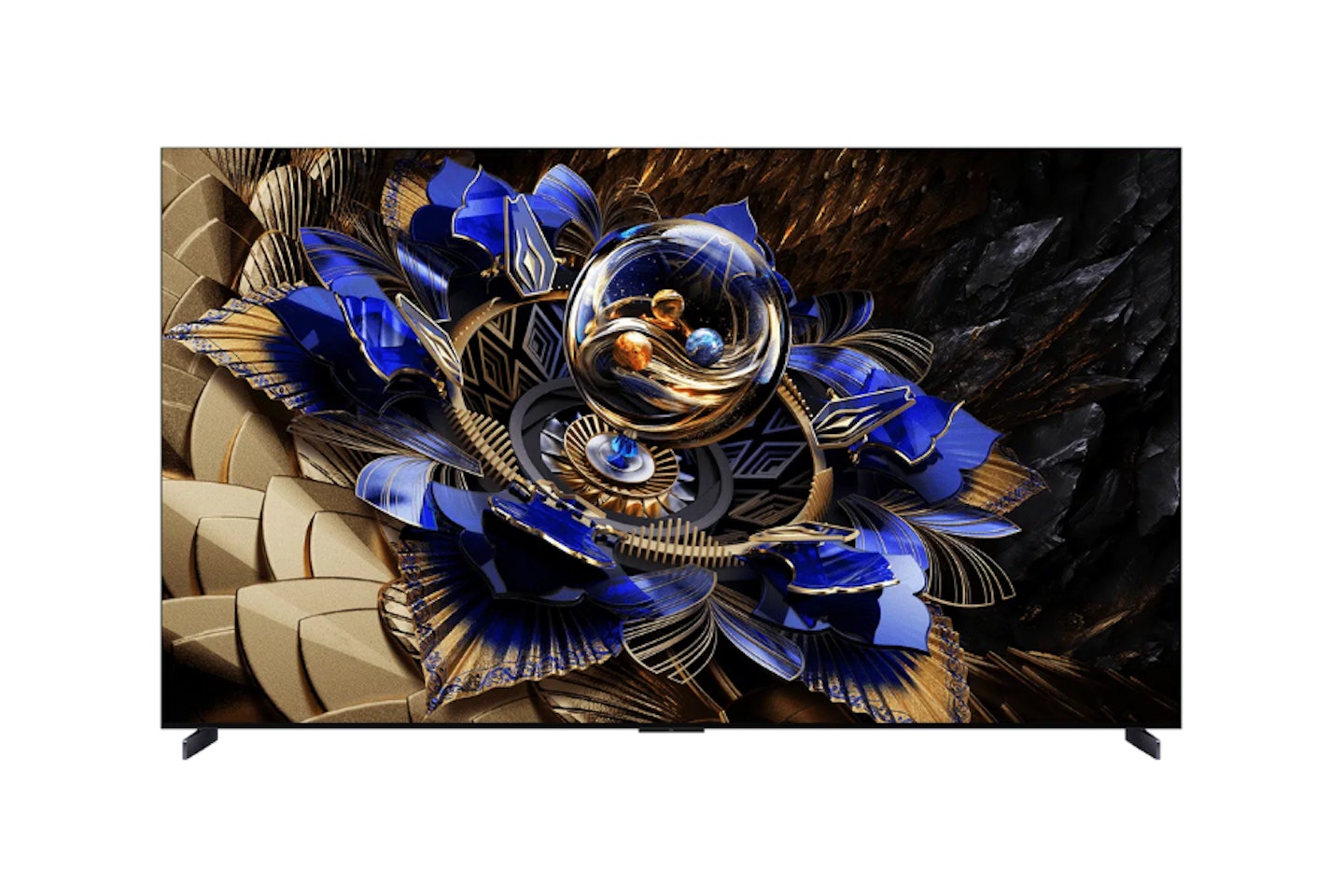
Out of the gate, the largest draw for many of the X11H isn't its gigantic size, ultra-thin design, or even its microLED technology. No, TCL's largest technological development surrounds its 6,500-nit brightness.
For context, your standard 43-inch 4K smart TV has a brightness of around 450 nits, which makes the TCL X11H roughly 14.5 times the brightness of a regular television. Generally, when we talk about a bright television, we're looking at slightly over 2,000 nits, so considering how searingly bright the X11H is, there's no wonder TV enthusiasts are debating over how bright is too bright.
Bright televisions, however, make for the best TVs for bright rooms, perfectly tackling the glare of a warm, sunny day when you'd much rather settle in than soak up the sunshine.
Nonetheless, with brightness comes spectacle, colour and detail, and with a whopping 14,000 dimming zones, we should expect any loss of depth to be minimal.
6,500 nits of brightness, however, is extremely bright. If you ever considered a great QLED television bright, triple the brightness of it and you'll almost reach the potential brightness of the X11H. Whether 6,500 nits is necessary or improves the movie-going experience, we can't say for sure, but brightness like that is going to take some getting used to - and perhaps some sunglasses.
MicroLED technology and micro-dimming: a new generation of smart TV?
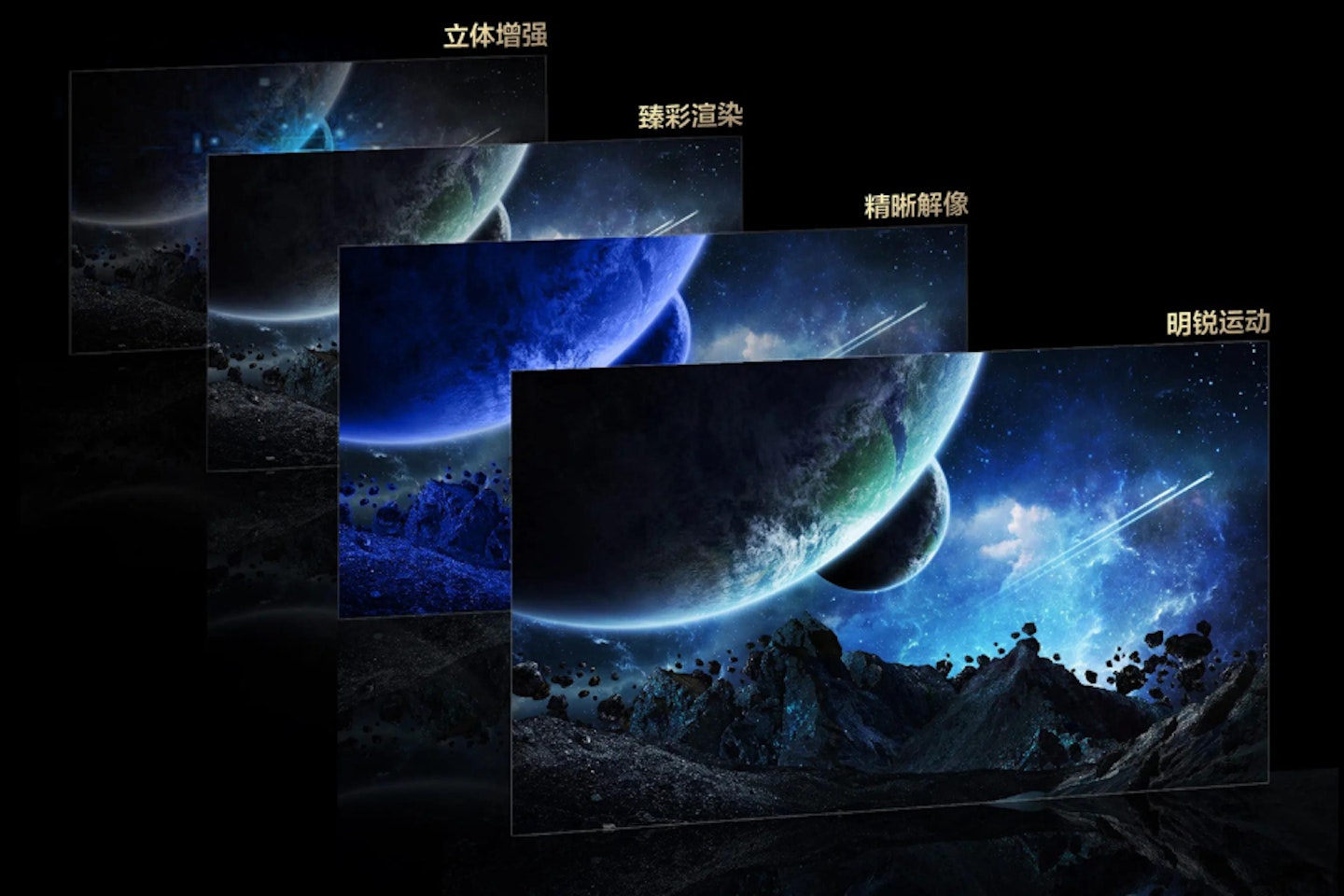
MicroLED technology has been around for a couple of decades but was first introduced into the television market in 2012, offering a brighter, sharper, and more detailed picture than ever possible before.
Comprised of millions of micro LEDs on a single screen, microLED TVs use panels with smaller and more numerous LEDs that allow for significantly better colour generation and sharper images allowing for some impressive micro-dimming.
Micro-dimming: what is it?
But what is micro-dimming? It's an excellent TV technology that rivals even the best OLED TVs in its black levels, creating a mesmerising contrast which really makes televisions pop.
Strategically dimming hundreds, if not thousands of zones on a microLED television results in gorgeous high-contrast visuals, and when paired with the TCL X11H's high-contrast, the visuals from the TCL X11H are sublime.
Unlike OLED TVs, however, micro LEDs when dimming are never truly off. Instead, they become dimmer since the backlight is still present. OLED TVs, however, work without a backlight, so once an individual diode switches off, it's truly off.
Halo control: what is it?
Alongside its micro-dimming technology, TCL's X11H TV also has some incredible halo control technology which reduces light bloom, enhances contrast and pushes brightness beyond its typical boundaries, even in the TCL X11H.
Quantum dot technology: colour at its finest
We've been seeing more and more hybrid screens hitting the market in recent years, taking the best of each technological capability and bringing it all together to amaze us, and the X11H is no different.
Equipped with Quantum Dot Pro 2024, TCL's X11H colour technology is some of the best on the market. With 95 per cent colour purity and 157 per cent of the BT.709 colour gamut, greatly exceeding a standard smart TV's colour capabilities.
The brightness of the TCL X11H, paired with its quantum dot technology gives the X11H its luminescent colour, which is definitely second-to-none right now.
The TCL X11H's AI technology
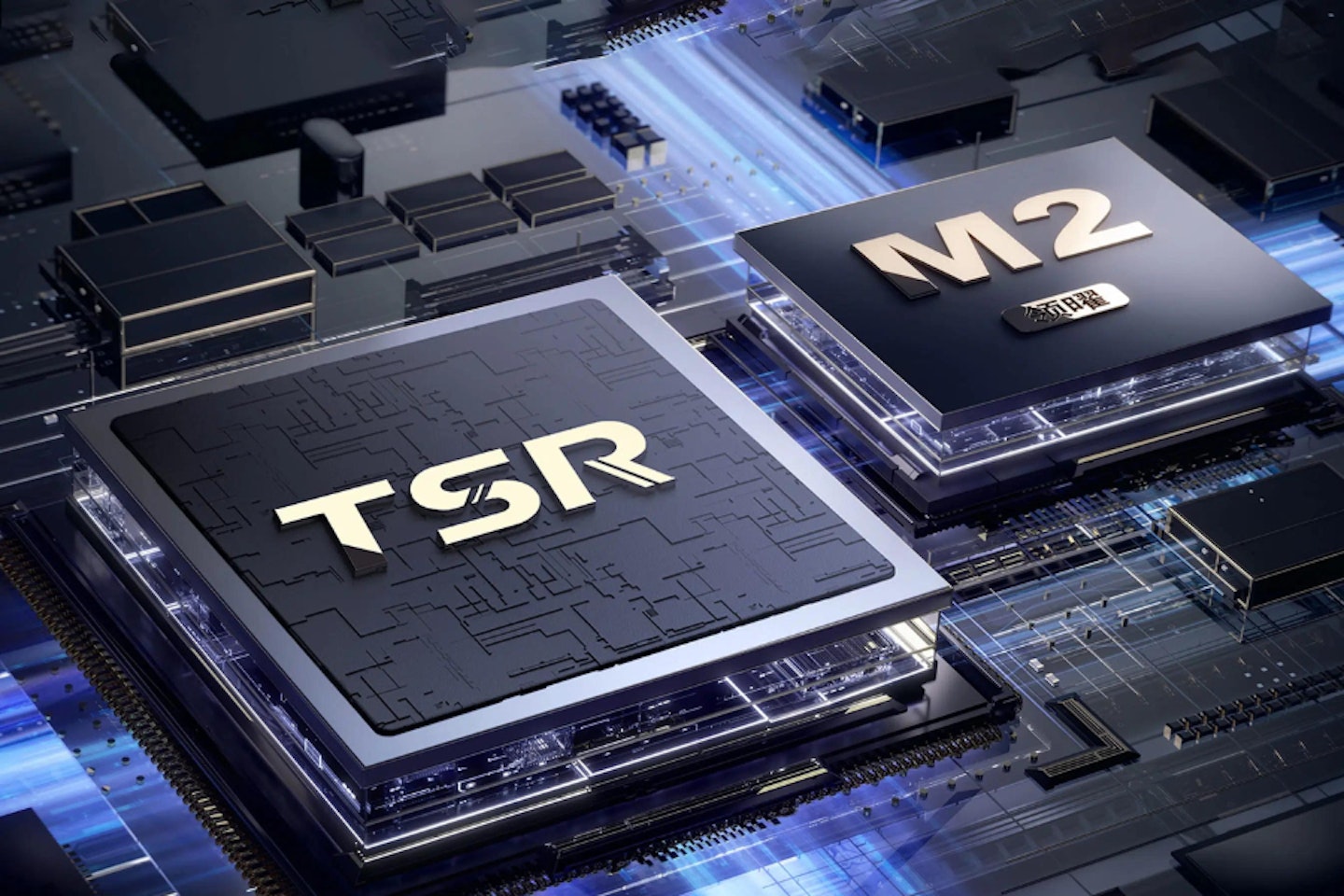
It wouldn't be a smart TV in 2024 without some assistance from AI, and the TCL X11H isn't short of it. The TCL X11H utilises a TSR chip loaded with AI sharpening, contrast optimisation, HDR boosting, and more.
Users can also use onboard voice assistants to control navigation on the TCL X11H, leaving you to browse hands-free. There's some truly impressive AI integration on the TCL X11H that we're more than excited to see in-action.
Onkyo speakers: 360-degree sound
Combining left and right channels in a ringed design with ten individual speaker channels and an earth-shattering 160W audio output, the TCL X11H aims to immerse users with sound that puts you in the middle of the action, which is both mind-boggling and incredibly impressive.
From legendary speaker manufacturer Onkyo, TCL's X11H is packed with post-processing sound technology; from IMAX Enhanced, to Dolby DTS, Dolby Atmos, and more. Paired with the TCL X11H's monstrous 160W sound and dual-drive subwoofers,
Sound such as this is only possible on a TV of the TCL X11H's enormous scale, but it is a testament to how long audio technology has come along when looking at how thin the X11H's design is.
Design and build:
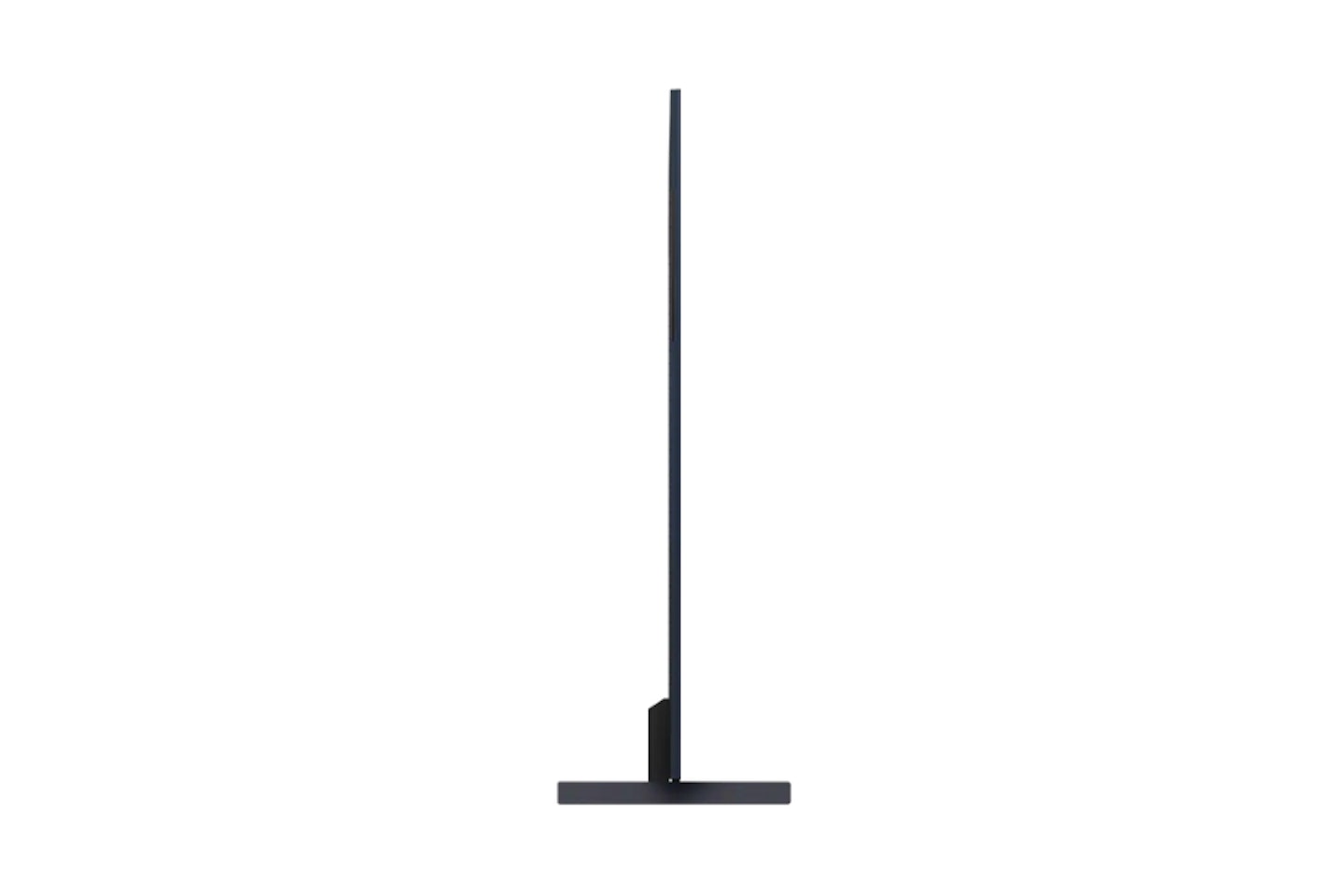
If you're intrigued by the concept of buying a TCL X11H, there are two sizes to choose from: 85 inches or 98 inches, both of which are likely too big for your typical household. This magnificently massive screen is the size of a small cinema, and needless to say - its build quality looks pretty flawless.
We love the minimalistic, bezel-less design that draws your eye into the picture, and its simple stand doesn't take away from the X11H's ultra-slim profile.
Reportedly around 2-3cm thick, this massive screen is thin. Very thin. Which makes its speaker technology that much more impressive.
TCL recently appeared at CES 2024, not showing the 85 or 98-inch models though. Instead, it showcased a monstrous 163-inch television, making it one of the largest televisions of the year without question.
Final thoughts: is the TCL X11H worth its price?
Right now, the TCL X11H 98-inch model is an eye-watering, but not absurdly expensive £5,459: which is more than ridiculous for most people looking for a television. But of course, this is no ordinary television.
As for its largest size, the TCL X11H Max is currently a staggering £87,000, which is no surprise considering it's likely too large for most normal homes.
The TCL X11H flagship line of cutting-edge TVs isn't for the faint of heart, in price, or brightness - but for the best picture imaginable, you'll need a hefty amount of money.
Ryan Houghton is a commercial content writer for What’s The Best, known best for his expertise in gaming, with a particular soft spot for PC gaming, audio tech, televisions and smartphones.
Diligently writing for What’s The Best for almost two years, there are very few tech products Ryan hasn’t had his hands on to review; televisions, headphones, folding phones and even LEGO, if it’s nerdy, he’ll be there.
His well-versed history as one of the resident techies at What’s The Best has kept him keen to uncover the very best deals, savings and offers for those in need of a cracking deal to upgrade their setup.
In his downtime, Ryan most likely has his nose buried in a fantasy book, or his eyes glued to a screen whilst playing a tough-as-nails Soulslike or leisurely RPG, indulging in most forms of escapism where possible.
